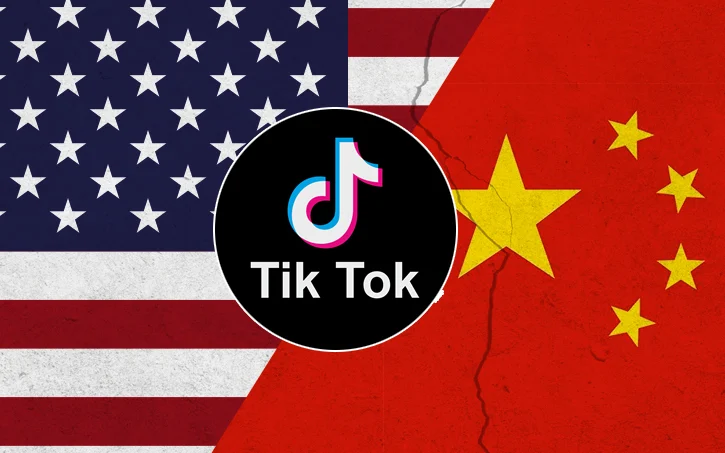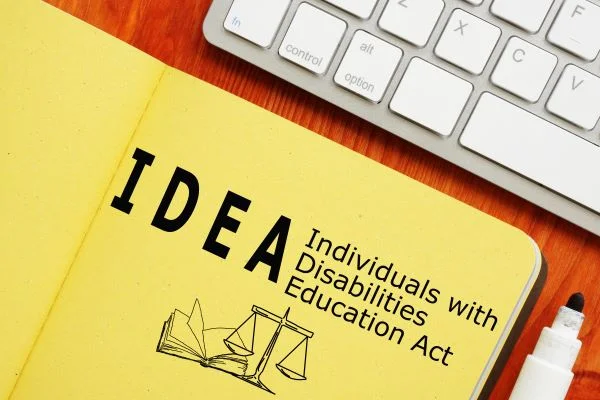The debate over the potential TikTok ban has become a heated topic in recent years, sparking concerns about national security, data privacy and the app’s influence on its users. Its addictive nature, fueled by endless scrolling, has raised alarms about its impact on mental health and user behavior. With ongoing legal battles and shifting policies, the TikTok ban status remains uncertain, leaving both users and lawmakers wondering what the future holds for this highly influential yet dangerous platform.
“Donald Trump’s victory in 2024 US Presidential Election may also present a lifeline for the app… he said in the run-up to the November elections he would not allow the ban on TikTok to take effect,” BBC News said. Clearly this is not happening because TikTok is currently in the final process of being banned. It is said that the app may be banned due to its owner’s connection with the Chinese government, which poses a threat to the U.S. because of its ties to the People’s Republic of China, and its “staggering impact on free speech of its 170 million users.” Many social media platforms, including TikTok, often have false or misleading information about people, places and ideals.
Situations leading up to the now anticipated ban:
A couple years after TikTok was bought by ByteDance, the company faced its first federal charges of violating U.S. child-privacy laws in February of 2019 and had to pay a $5.7 million fine, according to the Musical.y court case, ultimately paving the path to the soon-to-be TikTok ban. APNews explained how, in December, the Pentagon advised that all US military workforce delete TikTok from both personal and government-issued phones to ensure a more secure government.
In May of 2020, complaints against the U.S child-protective laws were filed once again, and the company continued to improve its protection. The proposition of banning TikTok across the whole country came up in July 2020, when President Trump said he was considering banning TikTok in response to China’s alleged mismanagement of the COVID-19 pandemic.
In February of 2021, Joe Biden was sworn in as president and immediately postponed Trump’s legal cases, putting a stop to the investigations.
In June 2022, BuzzFeed reported that China-based ByteDance employees had repeatedly accessed TikTok users’ private information, based on leaked recordings from internal meetings. TikTok responded with a general security statement and announced the migration of user data to U.S. servers managed by Oracle. However, U.S. officials remained concerned about the potential for Chinese government access. In December 2022, FBI Director Chris Wray raised national security concerns about TikTok, while ByteDance fired employees who accessed journalists’ data.
In March 2023, TikTok CEO Shou Zi Chew testified before Congress, defending the app against accusations of ties to the Chinese government. By March 2024, a bill to ban TikTok and force its sale gained traction in Congress, with the House passing the bill. The Senate followed in April, and President Biden signed it into law.
In May 2024, TikTok and ByteDance filed a lawsuit against the U.S. government, challenging the constitutionality of the law requiring ByteDance to sell its stake or face a ban.
For now, the company has until January 19th to sell TikTok to an American company because of a law passed by President Joe Biden last April, according to Mashable. If the company fails to sell TikTok by that date, there is a likelihood that companies like Microsoft may bid on the app, CBS News says, “‘The value of TikTok would dramatically change without the algorithms and makes the ultimate sale/divestiture of TikTok a very complex endeavor, with many potential strategic/financial bidders waiting anxiously for this process to kick off,’ [Wedbush Securities analyst] Ives said in a research note.” It is also possible for TikTok to be completely shut down by the end of the deadline.
TikTok potentially being banned is a devastation for those who base their income off of the platform, as well as the teenagers who use it on a daily basis. Influencers on TikTok will have to find new ways to promote their brands or maintain their following count, and teenagers will have to adapt to using other apps like Instagram and maybe even FaceBook instead. “I’m not ready to switch to Instagram Reels; I’m gonna miss my daily TikTok,” Ryan Liles (’27) said.















































































































































